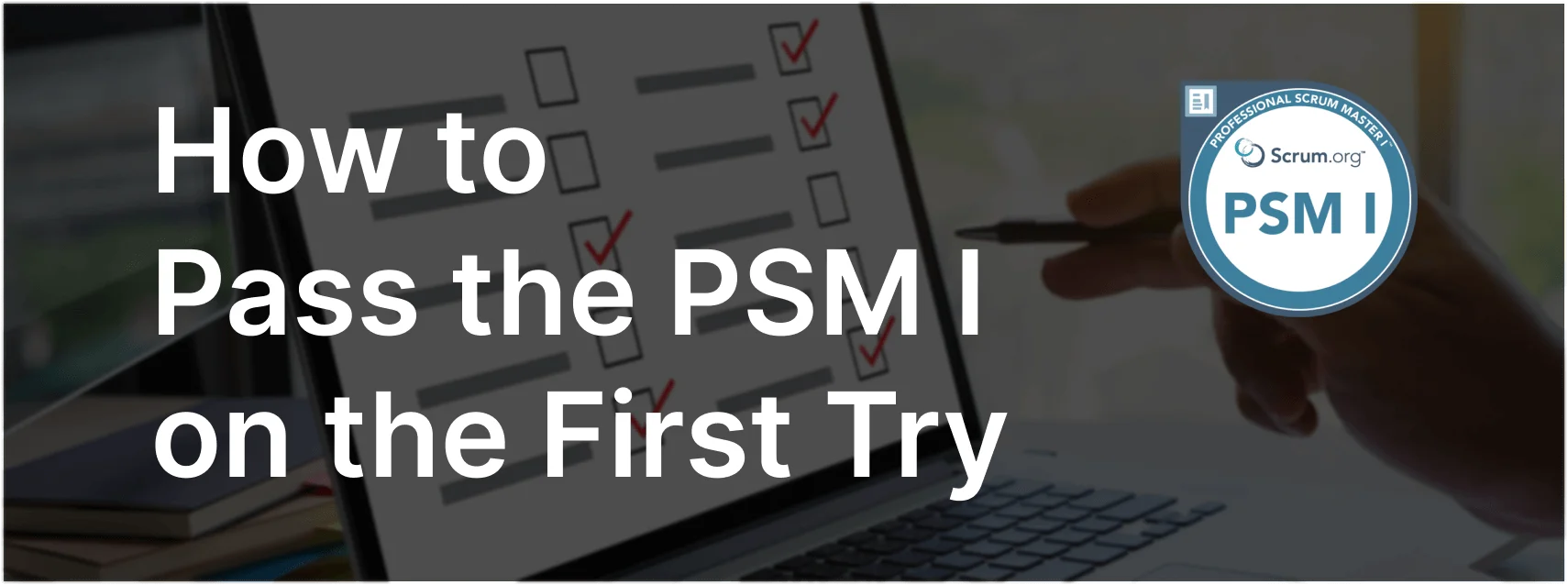Ownership of Sprint Backlog Items in Scrum
In Scrum, understanding when and how Scrum Team members take ownership of Sprint Backlog items is crucial for effective collaboration and delivery. A common question in the PSM I exam focuses on this aspect.
Exam Question
When do Scrum Team members take ownership of a Sprint Backlog item?
(choose the best answer)
- A. At the Sprint planning meeting.
- B. Never. An individual item may be done by a single member, however, all Developers on the Scrum Team share ownership for items in the Sprint Backlog.
- C. Whenever a team member can accommodate more work.
- D. During the Daily Scrum.
Correct Answer
B. Never. An individual item may be done by a single member, however, all Developers on the Scrum Team share ownership for items in the Sprint Backlog.
Explanation
Why B is Correct
B. Never. An individual item may be done by a single member, however, all Developers on the Scrum Team share ownership for items in the Sprint Backlog: In Scrum, the concept of collective ownership is fundamental. While individual Developers may work on specific items, the entire team shares responsibility for the Sprint Backlog items. This collective ownership ensures that all team members are engaged and accountable for delivering the Increment. It fosters collaboration and helps mitigate risks associated with individual dependencies.
Key Points
- Collective Ownership: All Developers on the Scrum Team share ownership of the Sprint Backlog items, even if individual items are worked on by specific members.
- Team Responsibility: The entire Scrum Team is responsible for delivering the Increment, which promotes teamwork and collaboration.
- Flexibility and Adaptability: This approach allows the team to adapt to changes and challenges during the Sprint, ensuring that the focus remains on achieving the Sprint Goal.
Responsibilities in Scrum
- Product Owner: Ensures the Product Backlog is ordered and refined to maximize value and align with the team’s capacity. The Product Owner is accountable for effective Product Backlog management.
- Scrum Master: Facilitates communication and ensures the Scrum framework is followed, supporting the Product Owner in their role.
- Developers: Collaborate to complete all tasks necessary to deliver a potentially shippable Increment, sharing ownership of the Sprint Backlog items and ensuring all work aligns with the Sprint Goal.
Relevance to the PSM I Exam
Understanding the principle of collective ownership and the shared responsibility of the Scrum Team is crucial for the PSM I exam. This knowledge underscores the importance of teamwork and collaboration in delivering successful Increments.
Conclusion
In summary, Scrum Team members never take individual ownership of a Sprint Backlog item. Instead, all Developers on the Scrum Team share collective ownership of the Sprint Backlog items. This approach promotes collaboration, flexibility, and accountability, ensuring that the team works together to deliver valuable Increments.
For comprehensive preparation and practice exams, check out PSM I Exam Prep to enhance your understanding and application of Scrum principles.



